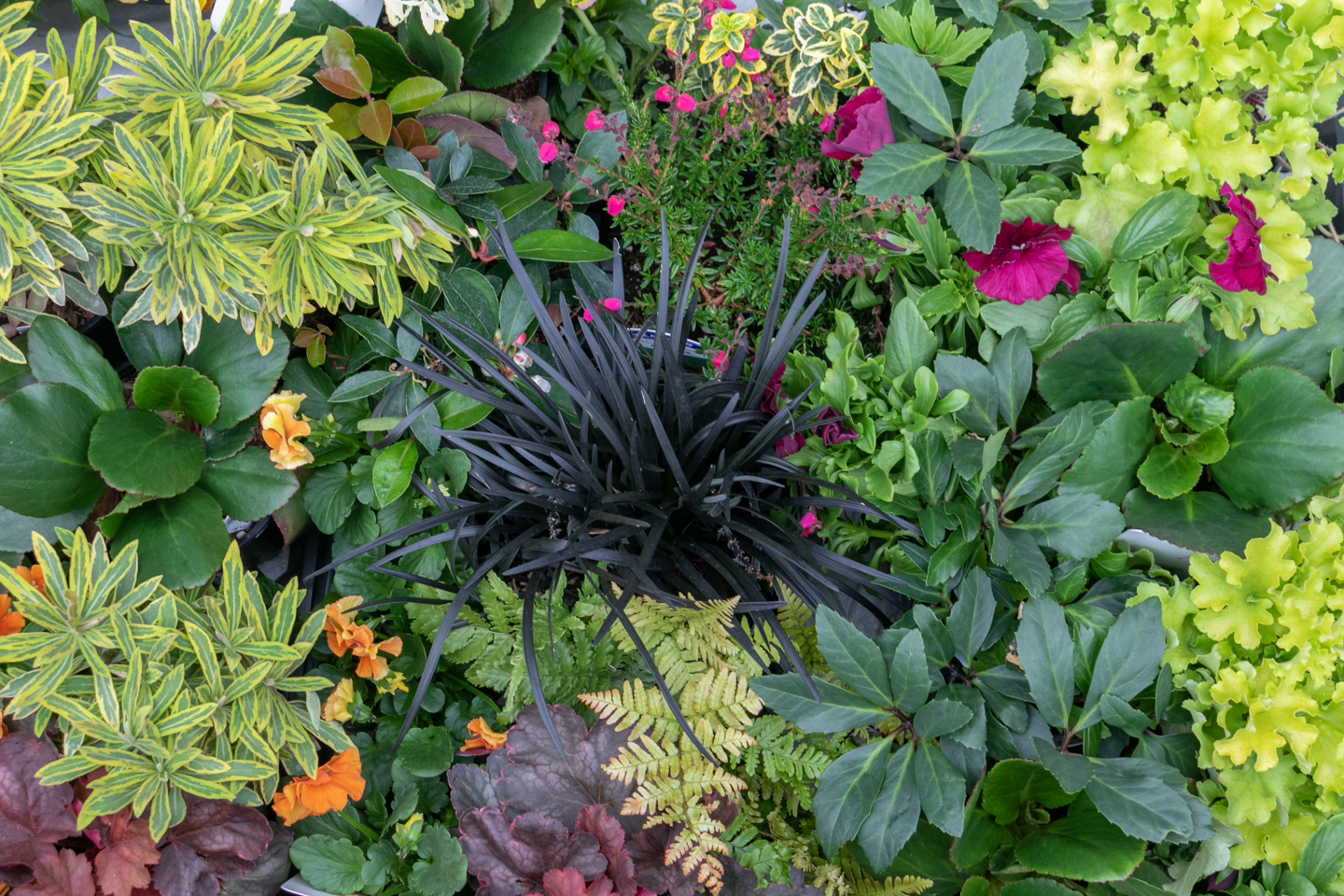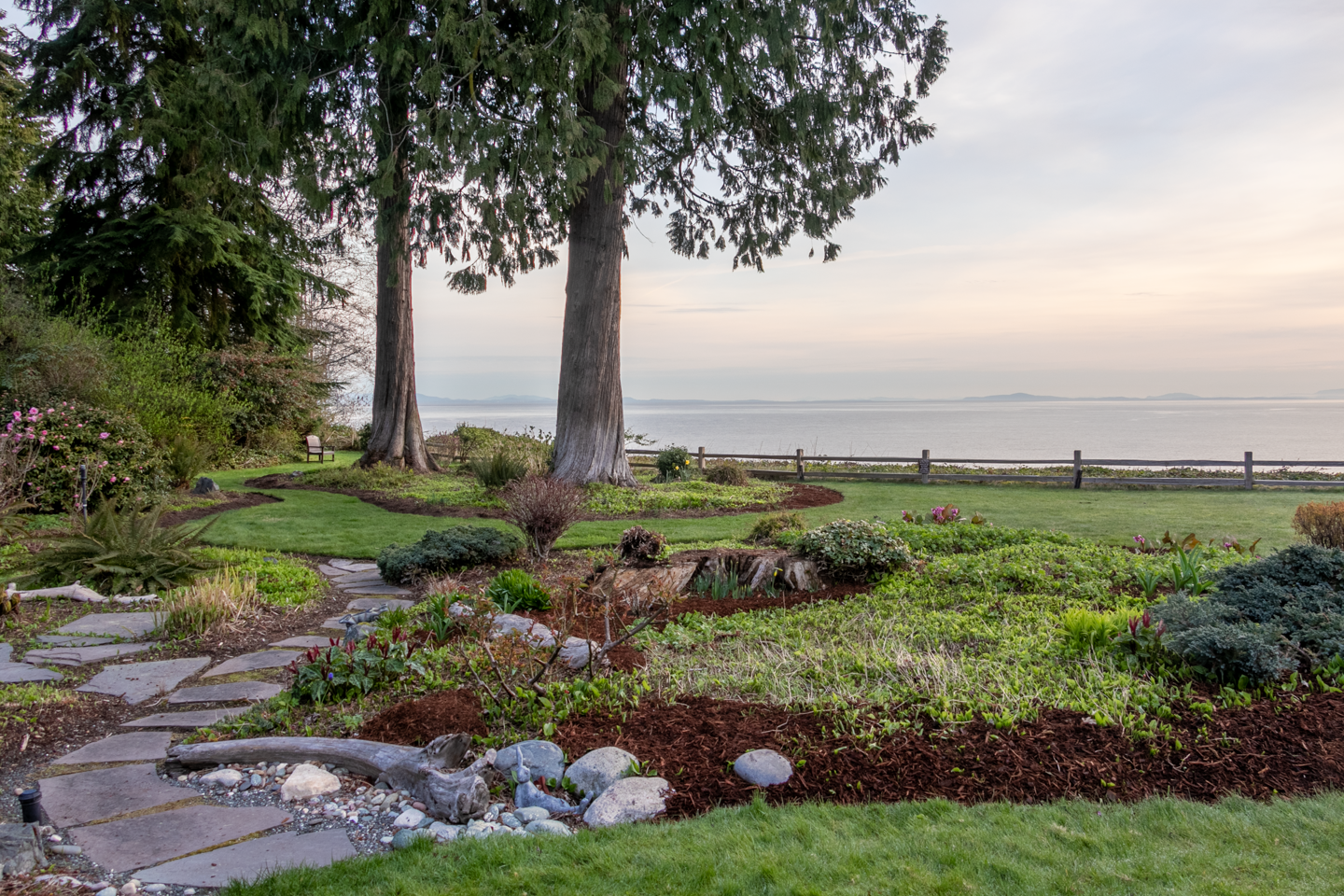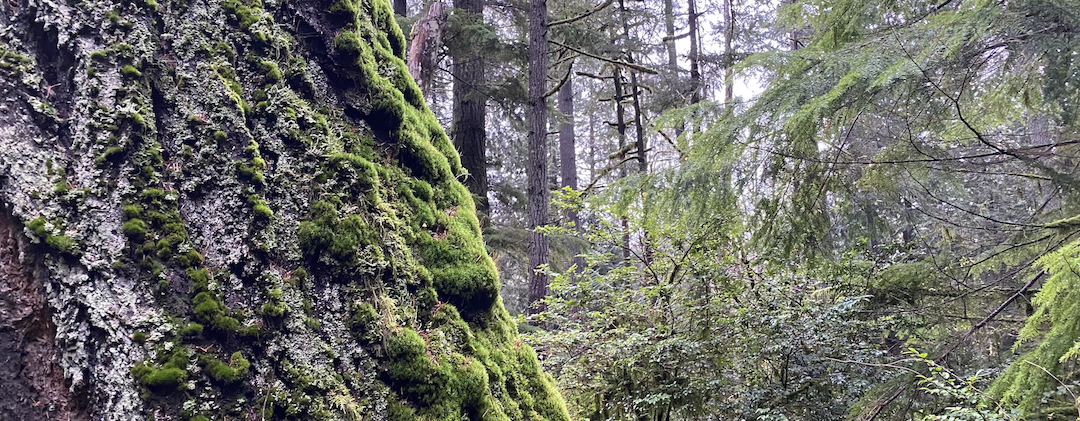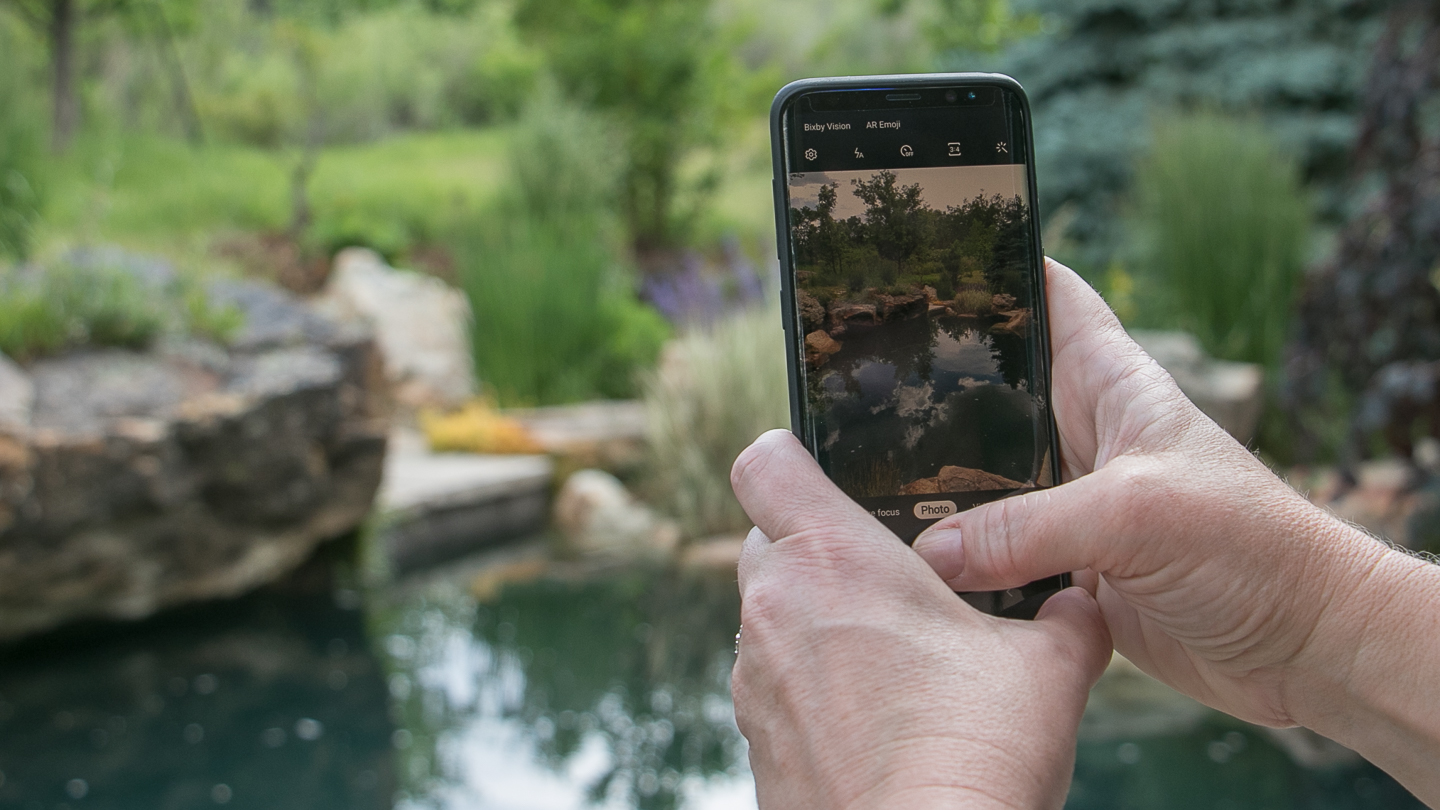Where were we? Ah yes, deciphering the secondary themes of Garden Shows. Last time, I mentioned Circles, White, and Glass. Today, let’s talk about plants (finally, it’s a GARDEN show after all!) Because Seattle has one of the earliest garden shows, it is a planning challenge to have plants in bloom in February. So we see a lot of hyacinths and forced bulbs (and luckily some Hellebores, too),

and petunias and Iberis bedded out, sometimes to great amusement.

This was a year for orchids. Orchids are no longer the rich-man’s flower. Instead of obtaining them from far off climes at great risk to plant-hunters, and building Wardian cases with Victorian houses to display them in, you can now just get one at the grocery store for $7, and when it ceases to bloom, you throw it out and buy another. Marianne Binetti explained on the Press Day tour that the best way to water them was to give each plant three ice cubes every Sunday. We saw 50 Shades of Orchids from the Northwest Orchid Society,

Excitingly, many designers used carnivorous plants. My favorites, the rare Darlingtonia californica (it needs cold running water at its roots), and the lidded Sarracenia were used to great effect in Karen Stefonik’s Darwin’s Muse.


For the first time, we saw spring blooming Edgeworthia chrysantha, a wonderfully fragrant Dr. Seussian shrub displayed in many gardens. I think it will be the “it” plant of the year. Dan Hinkley showed fascinating photos of its paper-bark drying on frames in the hot Vietnam sun. The WA Park Arboretum clustered several near the front of their display.

My only problem with the shrub is that it is easy to lose the puff-balls into the background. I need to put it near a solid, dark-green hedge or wall. My son caught the contrast between its branching habit and strong fence lines in Nature Perfect’s “No Stress Allowed”.

Now go back and look at the flowers … do you see the purple subtheme? You’ll see it again in the next few posts.






One Response